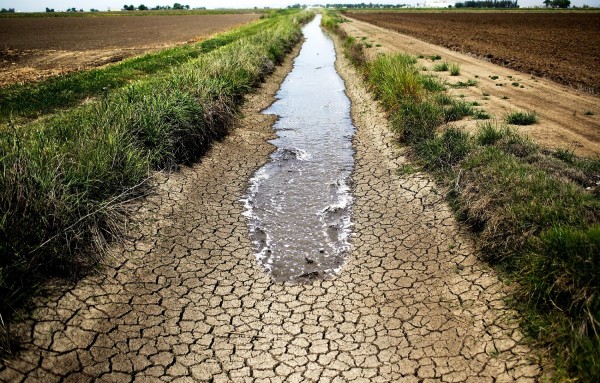According to South African news website eNCA , on Tuesday February 13, South Africa declared a “national disaster” over the drought that has ravaged parts of the country and threatens to leave the City of Cape Town absolutely without running tap water.
In a notice published in the government gazette, the Department of Co-operative Governance said it had elevated the drought to a “national disaster” after it reassessed its “magnitude and severity”.
Last week, Co-operative Governance minister Des van Rooyen said this classification means management of the droughts in the Western, Eastern and Northern Cape will move to national government.
Van Rooyen said more than R70-million has been allocated to deal with the drought.
If the city runs out of water in June, as expected, it will be the first major city in a developed country in the world to do so.
At the same time, Day Zero, when Cape Town is expected to run out of water, has been pushed back from May 11 to June 1, the city said in a statement on Tuesday Feb. 13.
This is “due to the continued decline in agricultural usage, and also as a result of Capetonians reducing their water usage in co-operation with the City of Cape Town’s efforts to bring down consumption,” it said.
Earlier this month, the Groenland Water Users’ Association made 10 billion litres of water available by pumping it into the Steenbras Dam.
However, residents have still not reached the daily target of 450 litres per day, which equates to 50 litres per person.
Currently, usage stands at 526 million litres per day with dam levels at 24,6 percent.

Day Zero, when Cape Town is expected to run out of water, has been pushed back from May 11 to June 1, the city said in a statement on Tuesday. (Photo: eNCA)
“If we continue to work as a team to lower our consumption to 450 million litres per day as required, we will become known as one of the most resilient cities in the world. We are fast becoming a leading example of a large city that is fundamentally changing its relationship with water,” the city said.
“The city will continue to implement pressure management to reduce usage, to install water management devices at the properties of high users and to conduct blitzes to ensure that all water users adhere to the water restrictions. All preparations for the possibility of reaching Day Zero also continue as planned.”
Source: eNCA


